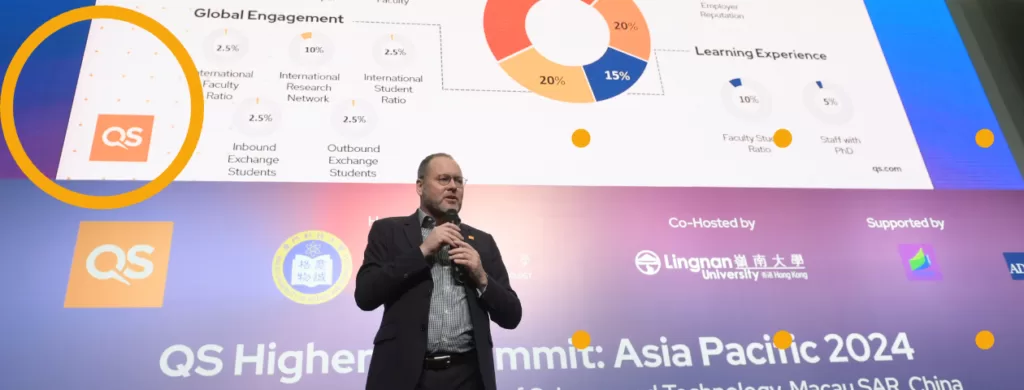
 Taiwan has announced plans to increase its international student numbers by 30,000 by the year 2019, it has been announced.
Taiwan has announced plans to increase its international student numbers by 30,000 by the year 2019, it has been announced.
The latest government policy on higher education is focussing on not only growing local talent, but also forging ties with neighbouring countries and attracting more students. This is all part of the “new southbound policy”, an initiative aimed at strengthening relations with ASEAN countries and South Asian nations.
The ministry for education is investing NT$1bn (US$31.77m) to increase the number of international students to 58,000, up from 28,000, in the next three years. A further NT$160m will be invested to promote academic exchanges in culture and sport. Additionally, branch campuses will play a role in the internationalization effort, with 10 of Taiwan’s universities setting up programmes in the Philippines, Myanmar, Singapore and other South East Asian nations.
The policy is an attempt to capitalise on the rapidly developing higher education sector in the region. The Democratic Progressive Party legislator, Chung Chia-pin, has suggested that offering job placement programmes could be the key to enticing more international students, along with providing an economic boost for the country itself. To further market Taiwan, the government is also focusing on advertising Taipei as an attractive student city, along with promoting the nation’s use of Mandarin, the official language in the Chinese-speaking world.
 In line with the new announcement, a delegation of representatives from five of Taiwan’s major universities is currently visiting Malaysia to boost recruitment. The trip will promote Taiwan’s institutions and courses to high school students across Malaysia, including the new all-English programme at National Taiwan University.
In line with the new announcement, a delegation of representatives from five of Taiwan’s major universities is currently visiting Malaysia to boost recruitment. The trip will promote Taiwan’s institutions and courses to high school students across Malaysia, including the new all-English programme at National Taiwan University.
This visit follows another recent tour to Indonesia, where the deputy minister for education, Chen Liang-gee, led the delegates in the Taiwan-Indonesia Higher Education summit, while simultaneously promoting Taiwanese universities to international students.
As well as praise, the plan has naturally attracted criticism from some sectors. Several officials have voiced opinions that the move is an attempt to stem the island’s reliance on China, and could further damage already strained ties with the nation.
Zhang Zhijun, director of Taiwan Affairs Office of China’s State Council, said the move would be “counterproductive”.
 Since Tsai Ing-wen, of the pro-independence Democratic Progressive Party, was elected president in January, tensions between the semi-autonomous state and China have heightened. Beijing has suspended all official talks with the nation and blocked them from international meetings (which Taiwanese officials were previously permitted to participate in). Tourism from China has dropped by 30%, hitting Taiwan hard. International students, and the economic benefits they bring, could be particularly welcome in this context.
Since Tsai Ing-wen, of the pro-independence Democratic Progressive Party, was elected president in January, tensions between the semi-autonomous state and China have heightened. Beijing has suspended all official talks with the nation and blocked them from international meetings (which Taiwanese officials were previously permitted to participate in). Tourism from China has dropped by 30%, hitting Taiwan hard. International students, and the economic benefits they bring, could be particularly welcome in this context.
Despite this, Chen Liang-gee said that the initiative is unrelated to the situation with China, and instead is focussed on tapping into South Asian growth, building the number of international students and developing Taiwanese higher education.



